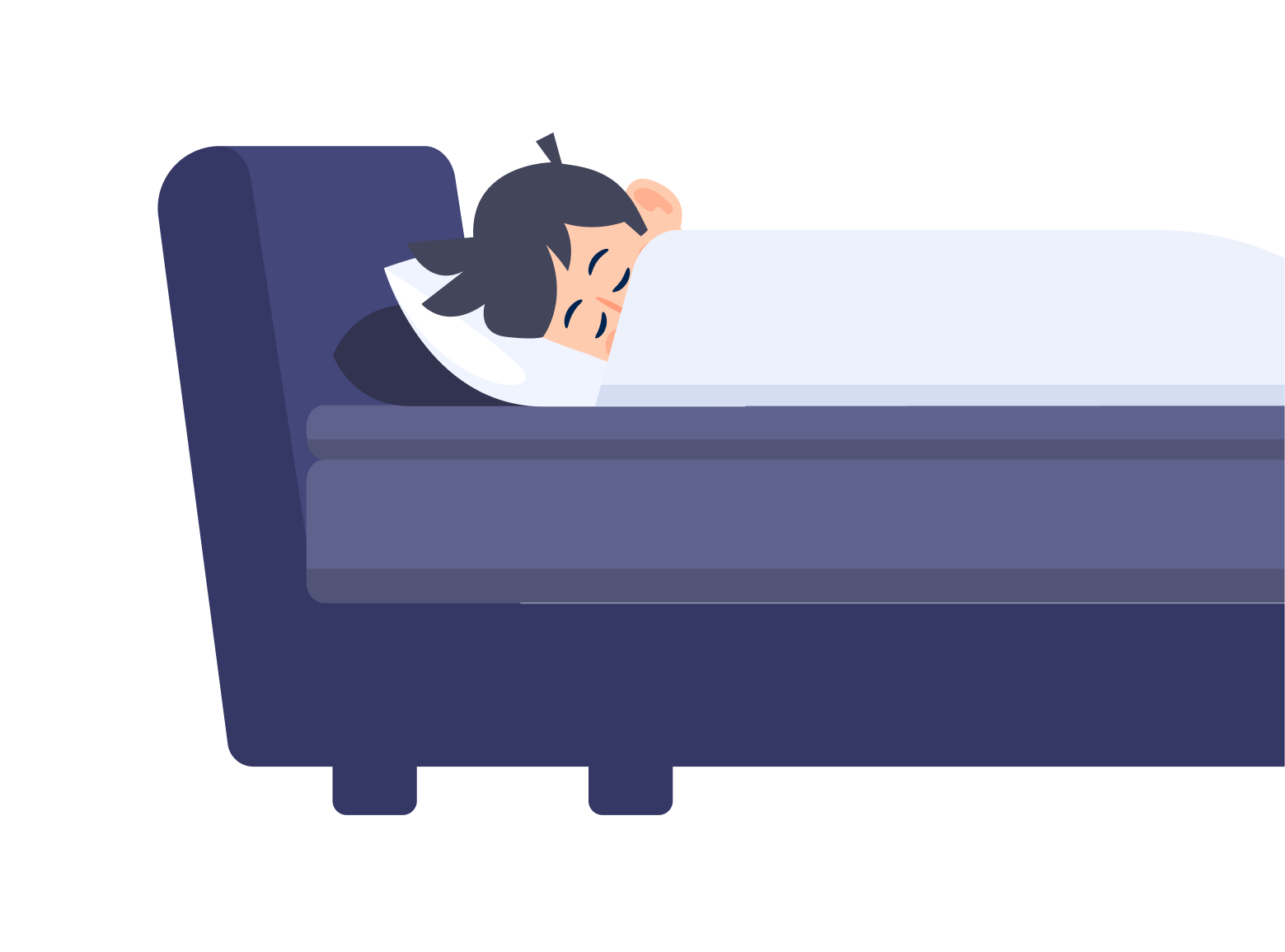Dreams are a window into our subconscious, reflecting our deepest fears, desires, and emotions. They are not just random brain activity during sleep but are intrinsically linked to our daily emotional health, particularly our anxiety levels. This comprehensive article delves into how dreams influence and are influenced by the anxiety we experience in our waking lives, exploring the psychological mechanisms at play and how we can harness dreams for our mental well-being.
Understanding the Relationship Between Dreams and Anxiety
Dreams as a Mirror of Anxiety
Dreams often reflect the anxiety we experience during the day. This can manifest in various forms, such as nightmares or recurring dreams that mimic stress-inducing situations. Psychologists believe that dreams serve as a form of emotional processing, helping to diffuse the stress accumulated during the day. This process, often occurring during the rapid eye movement (REM) phase of sleep, allows individuals to confront their fears in a controlled environment where real-world consequences are non-existent.
The Function of REM Sleep in Emotional Regulation
REM sleep, the stage of sleep most associated with vivid dreams, plays a crucial role in emotional regulation. During REM, the brain processes emotional experiences and can help integrate and understand these experiences better. This is crucial for maintaining emotional balance and can significantly impact how we handle anxiety during our waking hours.
The Role of Dreams in Cognitive Behavioral Therapy
Dream Analysis
Dream analysis is a therapeutic technique used within cognitive behavioral therapy (CBT) frameworks to treat anxiety. By analyzing the content of dreams, therapists can gain insights into the subconscious worries and fears of their patients. This method can reveal hidden stressors that might not be apparent to the patient while awake.
Confronting Fears Through Dream Control
Lucid dreaming, a phenomenon where the dreamer is aware that they are dreaming, provides a unique opportunity for confronting anxieties directly. Under guidance, individuals can learn to manipulate their dream environments to face their fears or rehearse coping strategies, which can then translate into greater confidence and reduced anxiety in real life.
Empirical Research and Case Studies
Scientific Studies on Dreams and Anxiety
Recent studies have shown a direct correlation between dream content and daily anxiety levels. Research indicates that reducing anxiety through various therapies can lead to a decrease in the frequency and intensity of nightmares. Furthermore, interventions like Imagery Rehearsal Therapy (IRT) have been effective in helping individuals alter their nightmares, thereby reducing their overall anxiety.
Case Studies
Case studies of individuals undergoing treatment for anxiety disorders often show a marked improvement in their symptoms as their dream content becomes less distressing. These case studies highlight the potential of targeted dream interventions in clinical settings.
Cultural Perspectives on Dreams and Anxiety
Cultural Interpretation of Dreams
Different cultures view dreams differently, which can influence how individuals interpret their anxiety-related dreams. In some cultures, dreams are seen as omens or messages from the divine, which can either exacerbate or alleviate anxiety based on the content of the dreams.
Global Approaches to Dream Therapy
Various cultures incorporate dream analysis into therapeutic practices differently. Understanding these diverse approaches can provide a broader range of treatment options and insights, potentially offering more effective interventions for anxiety management.
Dreams have a profound impact on our daily anxiety, providing both insights and interventions. By better understanding the role of dreams in emotional processing and utilizing therapeutic techniques to address anxiety within dreams, individuals can enhance their mental health and well-being. As research in this field continues to grow, the potential for new therapeutic techniques based on the dynamics of dreaming and anxiety looks promising, offering hope for those who struggle with anxiety disorders.








